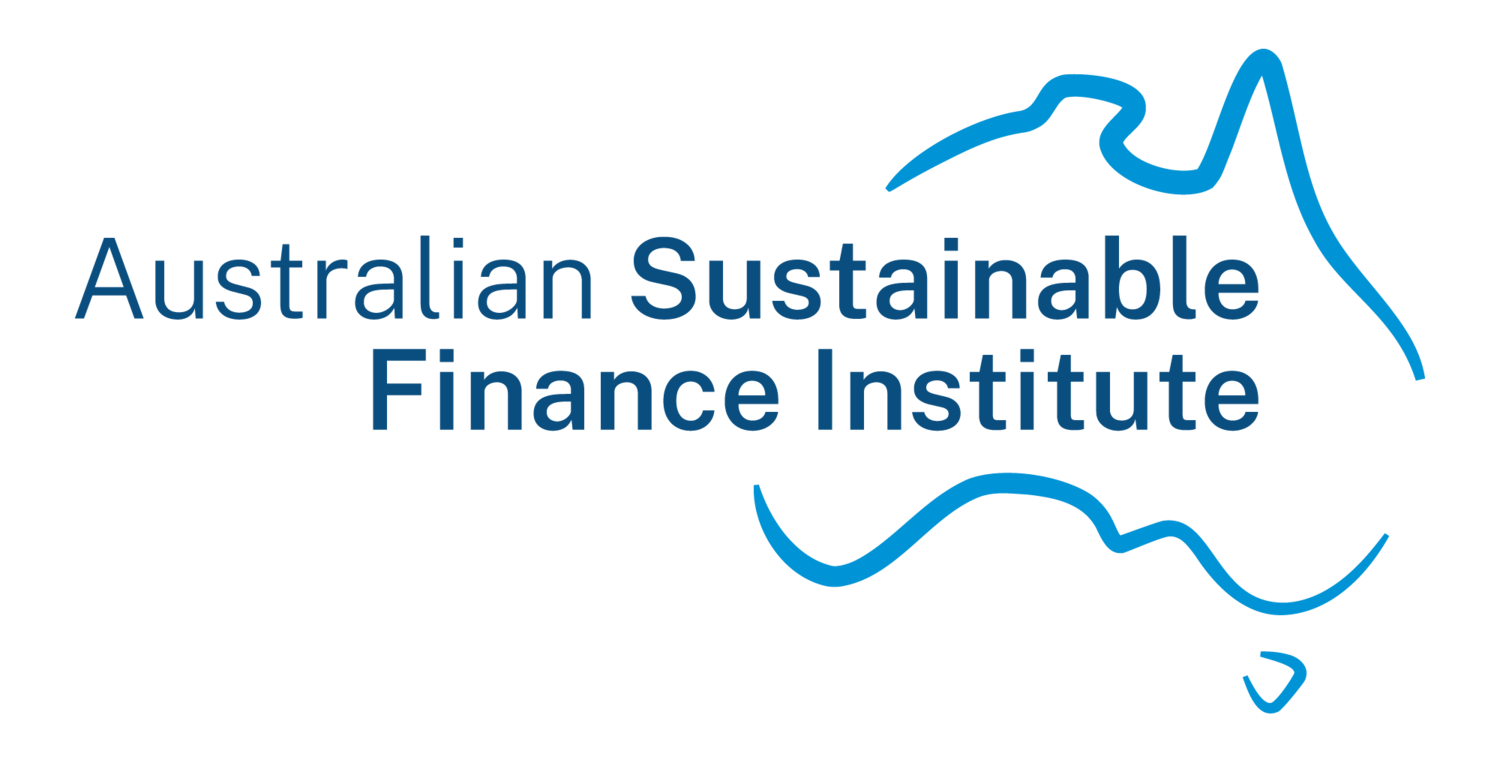ASFI Newsletter - March
The past year has marked a period of significant progress for sustainable finance in Australia. Through collaborative effort and strategic action, we are beginning to see ambition translate into tangible outcomes, laying the foundation for a more sustainable, resilient and inclusive financial system.
Earlier this month, we were pleased to share our 2024 Annual Report, highlighting the outcomes of our work, and to launch our 2025-27 Strategy and Business Plan, which will guide our efforts – in partnership with our members and other industry organisations – to accelerate finance and investment for sustainability in Australia and the Asia-Pacific.
Building on our work to date, priority areas for 2025 are:
First Nations and Finance
Sustainability Standards and Practice
Public Policy
Blended Finance
Leadership and Capability
Read on for:
The release of the Australian Sustainable Finance Action Plan 2025-27
ASFI and 11 leading industry and finance groups release joint statement: Australia’s Future Prosperity Relies on Climate Policy Certainty
New research on the economic rationale for global climate action
Register for our upcoming events
Release of the Australian Sustainable Finance Action Plan 2025-27
ASFI was proud to share the release of the Australian Sustainable Finance Action Plan 2025-27, outlining 26 priority actions needed over the next three years to support our financial system to manage systemic risk over the short and long term and capitalise on opportunities that will set Australia up for long-term economic prosperity. The Action Plan builds on ASFI’s Australian Sustainable Finance Roadmap (2020) and reflects the evolving policy, regulatory, and market landscape both globally and here in Australia. It was developed with broad stakeholder input and needs to be delivered collectively by Australia’s financial system participants. Learn more →
Joint Statement: Australia’s Future Prosperity Relies on Climate Policy Certainty
On March 6, ASFI and 11 leading industry and finance groups released a joint statement affirming that Australia’s business and finance sectors are pressing ahead with the task of managing climate risk, planning for new opportunities, and investing for the future. The statement endorses Australia’s bipartisan commitment to the Paris Agreement goals and calls on all levels of government to build on solid policy foundations to ensure a clean and prosperous net zero economy. Read more →
CEO visit to Singapore and Indonesia confirms regional momentum for sustainable finance
ASFI CEO Kristy Graham visited Singapore and Indonesia as part of our partnership with the Australian Department of Foreign Affairs and Trade. Despite global uncertainty, discussions with investors, business groups, banks, government officials and other sector stakeholders emphasised the continued need for sustainable investment and finance. They are critical elements to support economic growth and other national priorities, and the discussions confirmed the central role of policy and regulatory settings alongside blended finance to make this a commercial proposition for financial institutions. Read more →
Early Bird Offer: 2025 ASFI Summit
The global context is rapidly shifting. At the 2025 Australian Sustainable Finance Summit, we will sift through the noise and identify key trends that drive long-term member and shareholder returns, presenting a valuable opportunity for growth and strategic advantage.
It will explore how different parts of the financial system are addressing challenges to mitigate long-term risks and capture commercial opportunities. Building on previous years, we will elevate First Nations perspectives, illustrate the importance of cross-sector collaboration, and provide a curated blend of technical content, real world case studies, and interactive sessions.
Don’t miss your opportunity to secure a 20% discount on the standard ticket price – only a limited number of early bird tickets available. Register now →
What we're reading
A recent report by Boston Consulting Group and the University of Cambridge underscores the economic rationale for proactive climate action. According to the report, present action has the world on track for an increase in global temperatures of 3°C by 2100, which could reduce cumulative global economic output by 15% to 34%. Conversely, investing 1-2% of cumulative GDP in mitigation and adaptation efforts can limit warming to 2°C, safeguarding 11% to 27% of GDP by 2100. For Australia, extreme weather events could diminish annual GDP by 14% by 2050. These findings highlight the urgency for the finance sector to mobilise capital towards sustainable initiatives, not only to avert substantial economic losses but also to harness the growth opportunities inherent in a low-carbon economy.
Upcoming Industry Events
15-16 May, 8:00am-6:00pm AEDT.
Bidjigal Country (Sydney), University of New South Wales.
The EEC Conference will bring Australian and international thought leaders together with policy makers, industry, NGOs and consumer groups to share ideas and build relationships crucial for boosting action.


